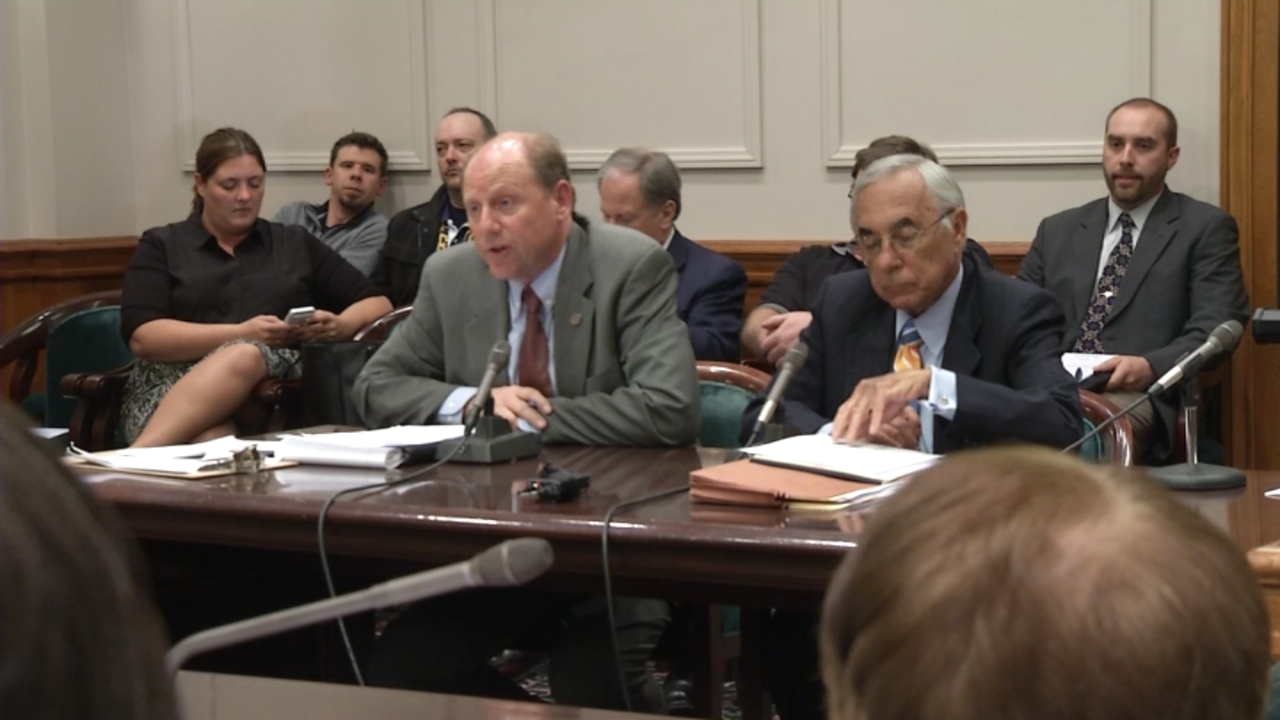

Share
A bill that would require two-person crews aboard Amtrak and most freight trains operating in Minnesota passed out of two Senate committees last week. The safety measure is a top legislative priority of theUnited Transportation Union, which represents about 70,000 workers in North America.
Sen. Ann Rest (DFL-New Hope) introduced the legislation in the Senate, and the measure received bipartisan support in the Judiciary and Transportation committees. But Republican leaders in the House have refused to take up a companion bill introduced by Rep.Frank Hornstein (DFL-Minneapolis).
UTU Minnesota Legislative Director Phillip Qualy said railroads are lobbying hard against the bill, making false claims that crew-level requirements fall under federal law or under the domain of collective-bargaining agreements – and are outside the Legislature’s jurisdiction.
“Unfortunately, the railroads are misleading the Legislature with inaccurate and erroneous information,” Qualy said.
Carriers are playing a dangerous game. The oil boom in North Dakota’s Bakken region has increased freight-rail traffic in Minnesota, which has the eighth-largest rail network in the U.S.
The timing is right to take a look at the implications that spike in traffic has on public safety, Rest told the Senate Committee on Transportation March 16.
“We know that not only are the derailments becoming an increased concern, but we also know that the number of cars that are used to transport crude oil have exponentially increased in just the last few years,” Rest said.
In testimony before the committee, Qualy characterized requiring the railroads to maintain two-person crews as a matter of “corporate citizenship.”
“The carriers’ practice to remove more and more persons from the right-of-ways of American railroads endangers the general public,” he said.
How? Nick Katich, a trainman for Canadian National Railway in northern Minnesota, offered an example. Increasingly, he said, CN is instructing train operators in Illinois to block public road crossings – a practice he and 200 other members of UTU Local 1067 don’t want to see spread into Minnesota.
“Our standard operation for decades is to get off the locomotive and separate the train at the crossing and leave it open for public and emergency vehicles … until the train is ready to depart,” Katich said. “If there is only one person on a train, there will be no way we can open a crossing.”
Under the proposed legislation, Class I or II carriers would face fines up to $1,000 for operating a one-person crew in Minnesota, unless the carrier is exempted by federal law. “Our state legislation is not federally preempted and does not contain language that can be construed as a collective-bargaining area,” Qualy said.

